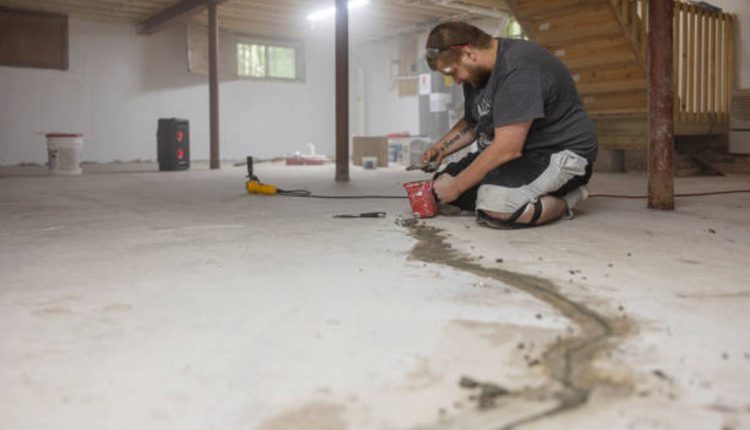A flooded basement is a homeowner’s nightmare. The damage can be extensive, affecting belongings, property structure, and even health. The good news is that proactive steps can significantly lower the likelihood of basement flooding and minimize potential damage. What do you consider about basement waterproofing.
Understanding Basement Flooding:
Basement flooding can occur due to various factors, including:
- Heavy Rain: Torrential downpours can overwhelm drainage systems, causing water to seep into basements through foundation cracks or floor drains.
- Sewer Backups: Clogged or overloaded sewer lines can cause sewage to backflow into your basement, creating a hazardous and unsanitary situation.
- Spring Snowmelt: Rapid melting of snow can lead to excessive water runoff, potentially overwhelming drainage systems and causing basement flooding.
- Foundation Issues: Cracks or weaknesses Water may seep through the foundation walls and into your basement.
Preparing for the Worst:
Preventative actions can significantly lower the likelihood of basement flooding:
- Maintain Gutters and Downspouts: Ensure your gutters are clean and free of debris. Extend downspouts at least six feet away from your foundation walls to divert water away from the house.
- Grading: The ground should gradually slope away from your home’s foundation to prevent water pooling near the foundation walls.
- Downspout Extensions: Consider installing splash guards or extensions on downspouts to direct water further away from the foundation.
- Upkeep of Sump Pumps: Should you possess a sump pump, ensure it’s in good working order. Test it regularly and replace the battery backup system if necessary.
- Sewer Line Maintenance: Avoid pouring grease, oil, or food scraps down the drain. These substances can contribute to sewer clogs.
- Basement Waterproofing: Consider professional waterproofing solutions for your basement, such as interior drainage systems or exterior foundation waterproofing.
Mitigating Damage During a Flood:
If your basement floods, act quickly and minimize the damage to your property:
- Turn Off Utilities: Shut off your basement’s power and gas supply to prevent electrical hazards or gas leaks.
- Remove Belongings: Move valuables and furniture out of the flooded area as quickly as possible to prevent water damage.
- Pump Out Water: Use a sump pump or a wet/dry vac to remove standing water.
- Promote Drying: Open windows and doors to promote ventilation and drying. You may also want to rent dehumidifiers to expedite the drying process.
Professional Help for Basement Flooding:
For comprehensive basement waterproofing services, contact EC Basement Waterproofing in Madison, WI, 1050 Regent St Suite 205 Madison, WI 53726, Phone: (616) 202-3833. Their team of experts can assess your basement’s vulnerability to flooding, recommend preventative measures, and provide waterproofing services. Don’t wait for disaster to strike. Be prepared and protect your basement from the threat of flooding.
Read also: Choosing A Landscape Lighting Contractor


